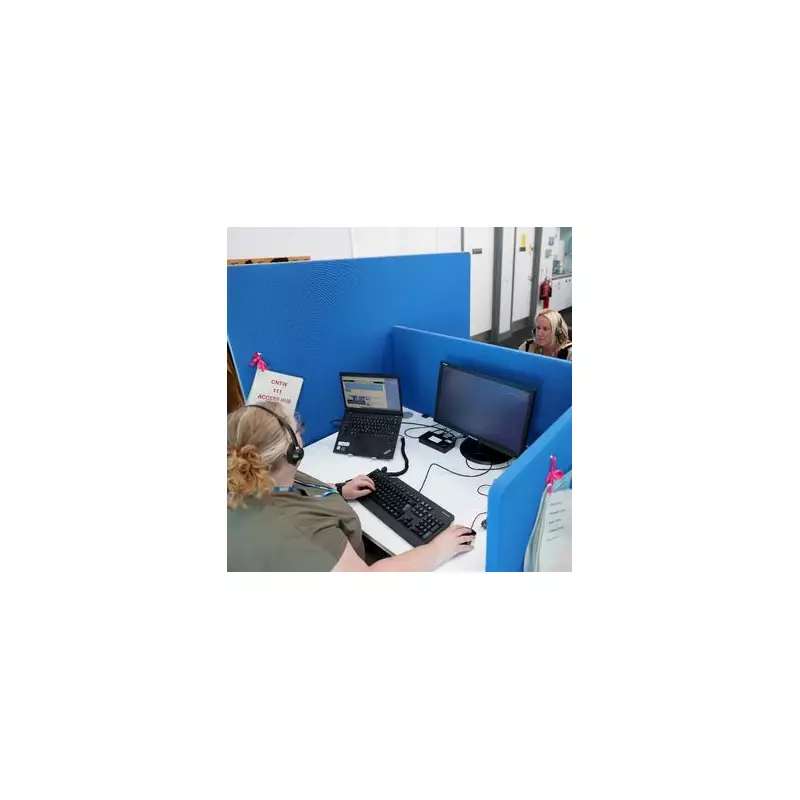
Artificial Intelligence (AI) is transforming industries at an unprecedented pace, and new research highlights which professions are most exposed to disruption. A study by the Oxford Internet Institute and Reuters has identified the top 10 jobs most likely to be impacted by AI—some of which may surprise you.
The AI Revolution: Who’s Most at Risk?
The analysis, based on data from the US Bureau of Labor Statistics, assessed over 1,000 professions for their exposure to AI-driven automation. Here’s the breakdown of the most vulnerable roles:
- Telemarketers – High risk due to AI-powered chatbots and voice assistants.
- University Lecturers – Automated grading and virtual teaching tools pose a threat.
- Market Research Analysts – AI can process vast datasets faster than humans.
- Writers – AI-generated content is already reshaping journalism and copywriting.
- Accountants – Automated bookkeeping and tax software reduce manual workloads.
- Legal Assistants – AI can draft contracts and analyse case law efficiently.
- Financial Analysts – Predictive algorithms outperform traditional analysis.
- Graphic Designers – AI tools like DALL-E generate visuals in seconds.
- Customer Service Agents – Chatbots handle inquiries without human intervention.
- Translators – AI language models provide near-instant translations.
What Does This Mean for Workers?
While AI threatens certain jobs, it also creates opportunities for upskilling and hybrid roles. Experts suggest workers in high-risk fields focus on developing uniquely human skills—creativity, emotional intelligence, and complex problem-solving—to stay ahead of automation.
The study also found that jobs requiring physical labour or interpersonal care (e.g., nursing, trades) are less susceptible to AI disruption—for now.
The Future of Work
As AI continues to evolve, businesses and policymakers must address workforce transitions through education reforms and reskilling initiatives. The key takeaway? Adaptability will be the most valuable skill in the AI era.





